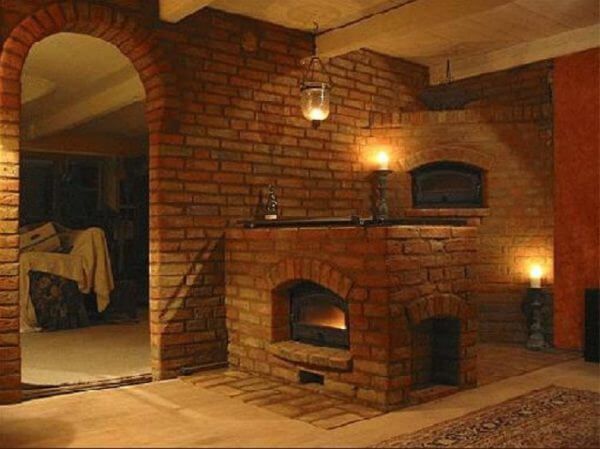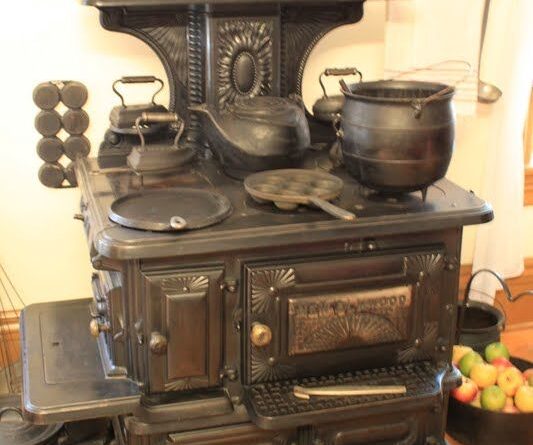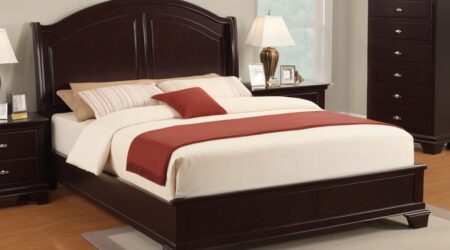Tax Rebate for Pellet Stoves: Understanding the Benefits and Eligibility
Pellet stoves have gained popularity recently as a sustainable heating option due to their efficiency and environmental benefits. To encourage the adoption of these eco-friendly appliances, governments have introduced tax rebate programs to incentivize homeowners to invest in pellet stoves. This article will explore the details of these tax rebates, including the eligibility criteria, benefits, and how to claim them.
Overview of Tax Rebate Programs
There are several tax rebate programs available for pellet stoves, each with its own set of rules and benefits. The most significant programs are the Residential Bulk-Fed Wood-Pellet Central Boilers and Furnace Rebate Program in New Hampshire and the IRS Section 25(C) tax credit.
New Hampshire Residential Bulk-Fed Wood-Pellet Central Boilers and Furnace Rebate Program
The New Hampshire Residential Bulk-Fed Wood-Pellet Central Boilers and Furnace Rebate Program offers a rebate payment of 40% of the system and installation cost, up to a maximum of $10,000, for New Hampshire residents who invest in high-efficiency (80% or greater) bulk-fuel fed, wood-pellet central heating boilers and furnaces installed on or after July 9, 2016. To be eligible, the system must be a pellet boiler or furnace functioning as a central heating system, have at least 3 tons of pellet storage, and the pellets must be automatically fed from that storage to the furnace or boiler.

IRS Section 25(C) Tax Credit
The IRS Section 25(C) tax credit, effective from January 1, 2023, to December 31, 2032, allows for a tax credit of up to 30% of the total purchase price and cost of installation of any qualifying pellet stoves, with an annual cap of $2,000. To qualify, the furnace must have an efficiency rating of at least 75% per the fuel’s higher heating value (HHV). This tax credit is designed to encourage the adoption of high-efficiency biomass heating products, which are more environmentally friendly and cost-effective.
Eligibility Criteria
The pellet stove must meet specific efficiency and installation criteria to be eligible for the tax rebate programs. For the New Hampshire program, the furnace must be high-efficiency (80% or greater), bulk-fuel-fed, and installed on or after July 9, 2016. For the IRS Section 25(C) tax credit, the stove must have an efficiency rating of at least 75% per the higher heating value (HHV) of the fuel and be installed between January 1, 2023, and December 31, 2032.
Benefits of Tax Rebates
The tax rebate programs for pellet stoves offer several benefits to homeowners:
- They provide a significant financial incentive to invest in eco-friendly heating solutions, which can help reduce carbon emissions and contribute to a more sustainable environment.
- The rebates can help offset the upfront costs of purchasing and installing a pellet stove, making them more accessible to a broader range of homeowners.
- The tax credits can help homeowners save money on their energy bills in the long run, as pellet stoves are generally more efficient than traditional heating systems.
How to Claim the Tax Rebate
Homeowners must follow specific procedures to claim the tax rebate for a pellet stove. For the New Hampshire program, they must apply and provide documentation of the system and installation costs. For the IRS Section 25(C) tax credit, they must file Form 5695 with their federal tax return and provide documentation of the purchase and installation costs.
Conclusion
Tax rebates for pellet stoves offer homeowners a significant incentive to invest in eco-friendly heating solutions. By understanding these programs’ eligibility criteria and benefits, homeowners can make informed decisions about their heating options and contribute to a more sustainable environment.
Read more: Ultimate Girls’ Clothes Sale











Leave a Reply